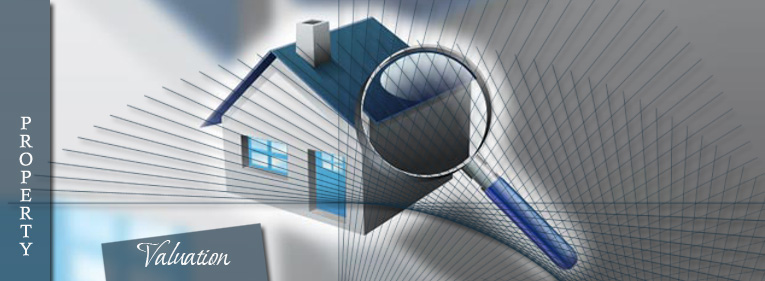
Property Valuation
House Moving Costs
Moving is the second most dramatic event in life, and preparation can take ‘the sting’ out it. So we have put together a little guide that should help you along the way! This guide will show you the hidden pit falls and extra costs you may not have accounted for in your budget and where to find the most competitive prices.
Moving can be expensive process and you will need to work out some basic expenses before you even start looking for your new home. The calculation is simple, just add together three numbers: amount you expect from your current property sale + savings and assets you have elsewhere + maximum mortgage affordable.
• Amount expected from sale of current property £
• Savings and assets elsewhere £
• Maximum mortgage you can afford £ Total = £
• Cost of selling property £
• Cost of buying new property £ Total = £
To get an idea of what you can expect from the sale of your home get three local estate agents to give you a valuation. Why three – simple – most estate agents will judge the type of seller you are to get the business.
This figure should include your savings and other investments that are liquidating to purchasing a new home.
Lenders now look at affordability as the key to their lending, that obviously makes sense than the nonsense that happened the early part of 2000. The lender will look at your overall spending on clothes, food, bills, rent, etc and then you present level of credit card debt, personal loans to assess your ability to pay a mortgage. In one case an applicant was asked how many times a month did he cut his hair and how much! If you do have personal loans and credit card debt – pay it off before making an application – it increase your credit score and give you a better chance of getting a mortgage. Lenders will ask you for a personal liability statement and then compare it with your bank statements – so as you would never lie on CV and get asked questions about things you don’t know (?!) – then don’t lie to your potential lender! Lenders also collate this information for the National Office of Statistics – so it’s not uncommon to be asked about your pets, taxis spend, grocery, and weekends away. They will factor in your future life, marriage, and children – the partner giving up work during pregnancy. So it’s imperative that you ensure you have this well thought out before making a mortgage application. Below is a mortgage calculator that will help assess mortgage affordability.
1. Marketing Fees There are several options to selling your home – You do it or an Estate Agent does it. Estate Agent’s fees: This will cost you 0.75 to 2.5 + VAT per cent of the sale price. You Do It: Typically you would be looking at £200 to £500 + VAT – You will need to take pictures, get the particulars of the house together, put it on Rightmove or Zoopla, and that’s about it. Oh by the way – you need to find an agent that has access to these portals but they charge you an admin fee for placing the property.
2. Solicitor’s Fees Once sold subject to contact you will need legal representation to act on your behalf to sell the property.
3. Mortgage Redemption Charges If you have an existing mortgage and ‘tied in’, you will need to find out the cost to redeem this if you are going to a new lender.
4. Removal Costs If you’re a second home buyer and not first (as they tend not to have much to move), then you have a home to move. There are myriad of Home Movers, good and bad, so check reviews on them first before engaging one. And of course compare prices.
Property Valuations
The initial bit is simple go on to Rightmove, type in your postcode and houses for sale in the area. Using the same site go to ‘House Prices’ and see what has sold in the area.This will give you an ‘Idea’- You need to remember: Your property is only worth what buyers will pay for it, but you still need a market valuation. You will then need to gauge what an agent would put it on the market for. So call three agents to get three valuations and take the middle one!
